Meet Tedd Wakeman | Co-founder/Director – The Sycamore School (Educational Designer and Revolutionary)
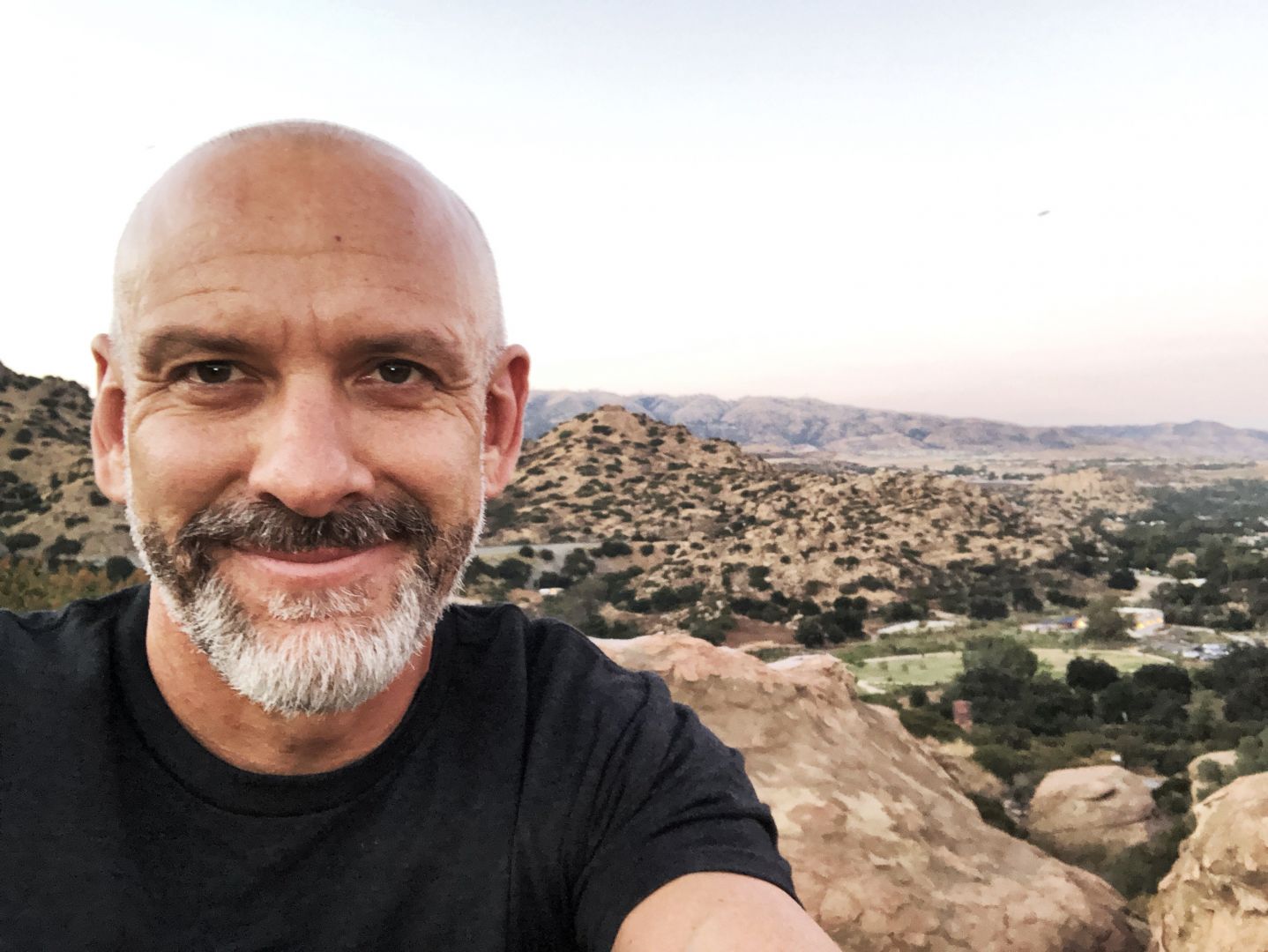

We had the good fortune of connecting with Tedd Wakeman and we’ve shared our conversation below.
Hi Tedd, how do you think about risk?
How do we define risk? Is it jumping out of a plane or swimming with sharks? Is it public speaking, driving in Hanoi, or dining with a street vendor in Nicaragua? I don’t know, honestly. Evaluating and defining risk feels like a very personal journey and is closely tied to real or perceived consequences. We weigh the rewards against our physical health, our bank accounts, or our reputations. I’ve done all the above and I can tell you that the biggest risk I have taken was developing a set of beliefs about education and then trying to convince people to follow me into the fray. I sell courage to parents, students, and educators on a daily basis.
My mom would certainly argue with this analysis. She thinks I have been risking my life for a great many years. She might say that SCUBA diving or simply traveling the world were senseless, unsafe acts. Perhaps, mom…perhaps. I’m not sure I feel the weight of these situations the same way she does. However, opening a school and persuading parents to give me their trust, their money, and their children…that feels like a massive risk. In my mind, it’s far more risky to be wildly vulnerable, to open yourself up to failure and criticism, to follow your dreams with the knowledge you may not reach them.
As a long time educator and school founder, I’m more interested in the mindsets that keep us, especially children, from trying new things, new experiences. What are the systems and approaches in education that prevent students from developing better risk assessment skills? We could all benefit from honing these processes. There are too many things we will never experience in life because of crippling fear or a lack of deep understanding. I remember the first time I ate snails. Do you? Or is there a visceral response to the very notion of it that keeps you from attempting this garlicky, buttery, slithery delight? We have all had experiences in life that have shaped us, formed our mindsets, and deeply impacted the way we approach risk. What do you want? What stands in your way? What are you willing to sacrifice?
Back to education…
By now, I trust you have experienced the devastating impact of constant testing and grading on creativity and risk-taking. If you know exactly how to achieve the A+, there is little to no reason to deviate from that formula in order to try something innovative or creative. In fact, students are often punished for carving a new path when that path was not already imagined by the teacher. I have seen first hand, in mathematics, students punished for creative solutions to problems. Mind you, these solutions produced CORRECT answers. They were just not the strategies the teacher requested. Message to the student: Don’t take risks, don’t think creatively, stay in line and you will be rewarded.
With my two incredible partners, in 2015, I opened a school with the intention of fostering more creative thinking, innovation, and creativity. This was a massive risk. What if our theories were wrong? What if no one enrolled? What if our approach didn’t produce what we hoped it would?
I would never take chances with the physical safety of students in my care. However, I would absolutely take chances with the approach to thinking and learning.
7 years later, we can look up and be incredibly proud of the types of humans we have fostered over the years. We can see the impact of a different approach in education…one that encourages risk and values failure as an essential component to deep learning. We know that we have created students who are more likely to take risks when it comes to creativity and innovation. But this is no time to rest. Reflection and constant debrief are at the heart of our school.
I’m not totally sure what great wisdom I have to depart on the subject. I do know it’s important. I know what it looks like when students are paralyzed by the thought of taking chances. I have seen the growth in those who are willing to put themselves out there for the sake of creativity, entrepreneurship, or art.
I guess, at the end of the day, I am less risky with my body but more willing to take chances professionally in order to ignite changes in education.
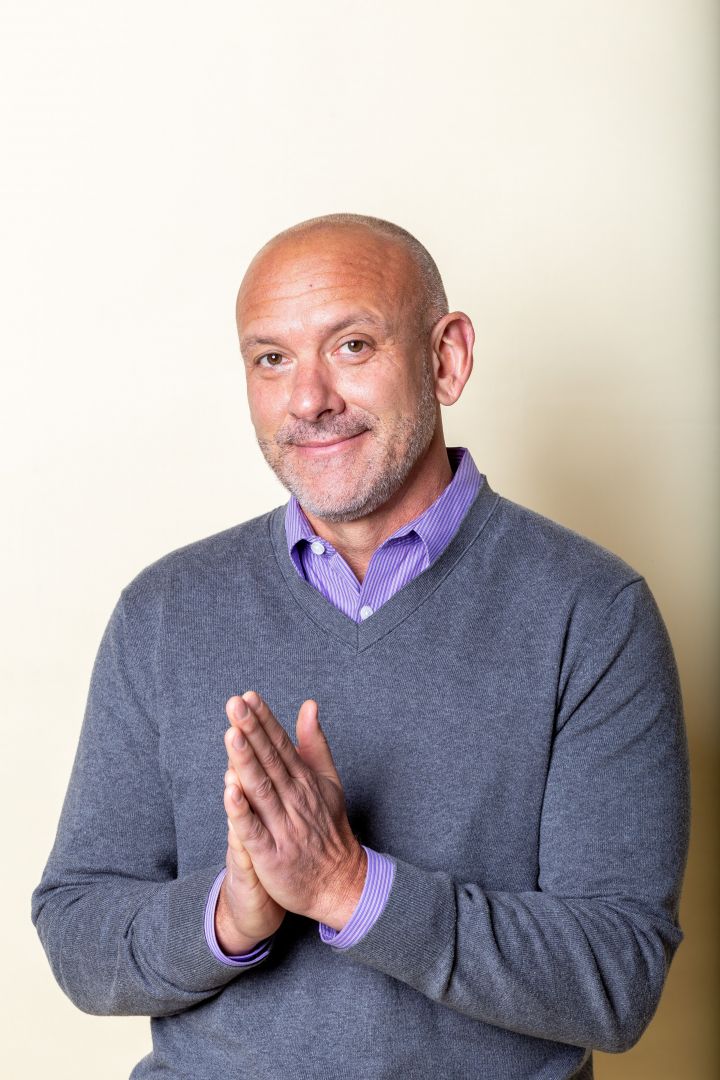
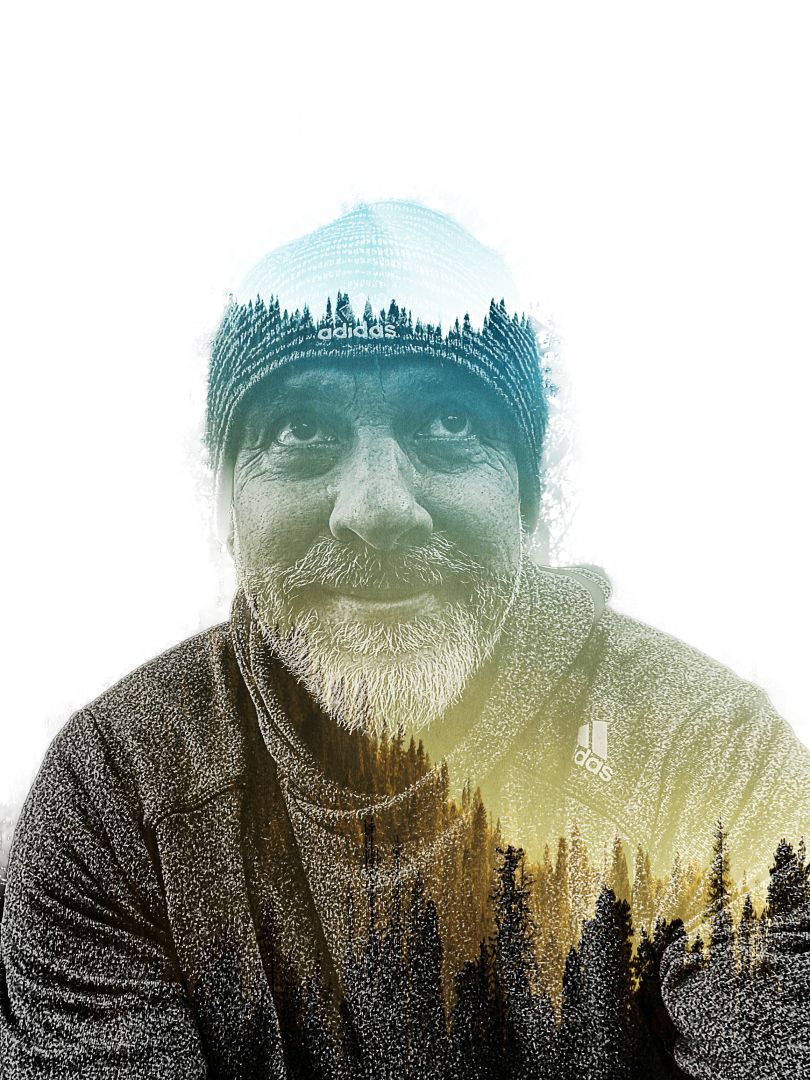
Alright, so for those in our community who might not be familiar with your business, can you tell us more?
My business is revolutionizing education.
The goal of the Sycamore School is to help children develop into self-directed learners and autonomous problem solvers and to facilitate each child’s quest to create meaning in a complex and evolving world. We champion innovation in education to create learning experiences that are engaging, continuous, and future focused.
We focus on reimagining the approach.
Consider 12 year old Madison. When she was born, iPhones were in their infancy; As were Twitter, ‘big data’ analytics, 3D desktop printing, and blockchain. Her world is the result of a radical restructuring of life. In the past two decades, there have been drastic changes in the interface between technology, culture, and society. This shift has been termed the “Fourth Industrial Revolution” by Klaus Schwab of the World Economic Forum. These dramatic advances have the potential to create new problems and untold opportunities. Technology-enabled solutions have altered the very fabric of our lives.
Madison may never need to know how to use a paper road map, but she will have to contend with the impact of artificial intelligence, smartphones with the processing power of super computers, Bitcoin, real time language translation, Lyft/Uber, and mobile banking. These examples barely scratch the surface of ways that Madison will live and work in her future.
Traditional education models were not created to address these momentous shifts. These systems are not sufficient to prepare today’s students like Madison for this new world order. It is imperative that we educate America’s children using new approaches with new mindsets and competencies. The assumptions of industrial-age-models of schooling are no longer sufficient for children to thrive in the 21st Century. Because information is ubiquitous and in constant flux, we have to move beyond teachers as mere transmitters of content. Our educators become curators of experiences; guides and coaches who help students explore, observe, and reflect. We have to help children develop the critical thinking skills necessary to be good citizens.
To that end, we merge the best classroom practices with educational theory and developments in learning science. Metacognition, or “thinking about thinking,” helps students use their knowledge, skills, and abilities to embrace their curiosity in service of deep learning. Students are encouraged to play, explore, innovate, and create. They are given choice with the aim of becoming self-directed, autonomous problem solvers, who create meaning in the world around them.
At The Sycamore School, we champion an innovative and individualized approach to education. We seek to develop empathetic humans who are skilled in collaboration, critical thinking, and communication. Helping students to become academically prepared is simply one facet of a thoughtful education. In addition to developing the kinds of skills that will allow them to effectively learn and thrive in the school setting, we must have the broader focus of preparing them for a meaningful life in a complex and evolving world beyond the classroom. With these goals in mind, we consistently pursue a relevant, engaging, and challenging approach to thinking and learning, where shifting students from consumers to producers is an essential component of the educational experience.
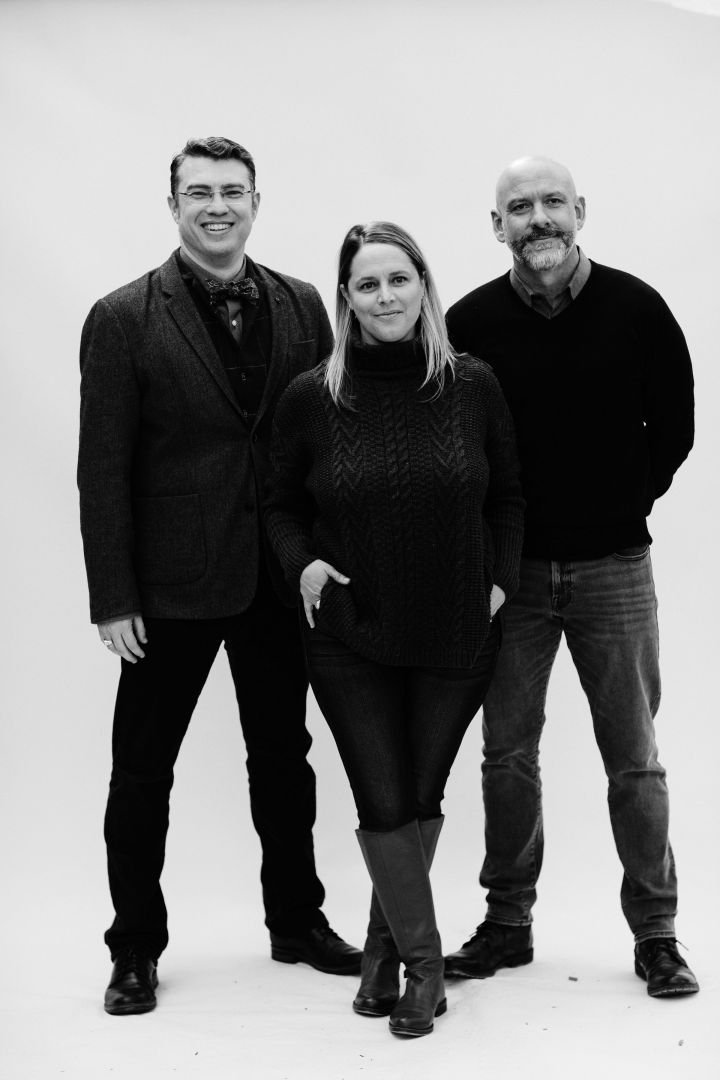
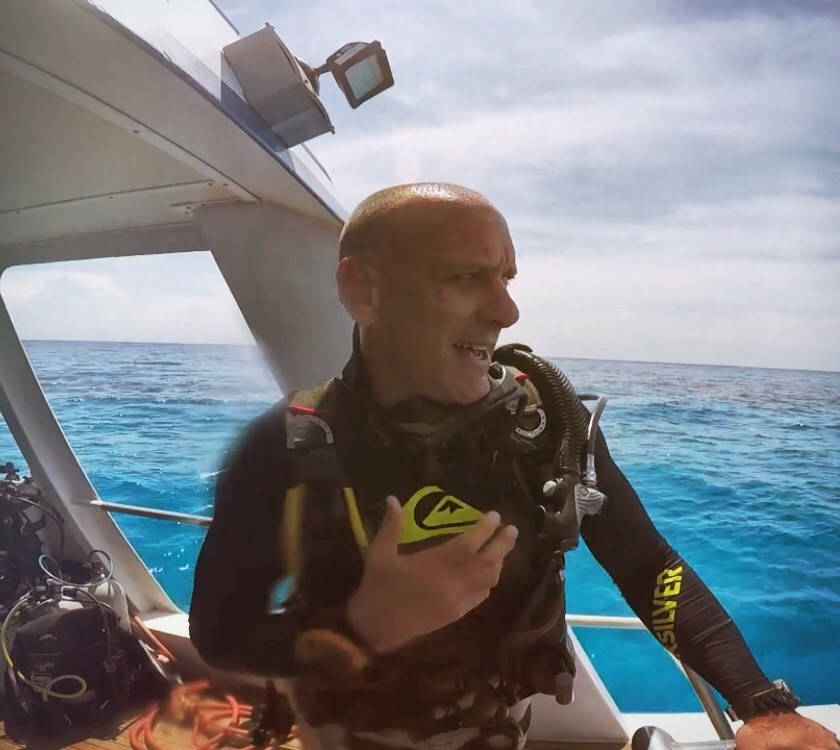
Let’s say your best friend was visiting the area and you wanted to show them the best time ever. Where would you take them? Give us a little itinerary – say it was a week long trip, where would you eat, drink, visit, hang out, etc.
This is a challenging one. As an LA native, I find such pleasure throughout the city and feel comfortable in all of its neighborhoods and venues. From the Eastside to the Westside, there’s nothing quite like it. Let’s do a Laker game downtown and take a walking tour of DTLA’s great bars, restaurants, and breweries. We can take a run through Venice and Santa Monica and hang at Elephante for happy hour. We can spend an evening in Sherman Oaks and grab a bite and some amazing wine at Augustine along Ventura Blvd. Culver City, Brentwood, Inglewood, Hollywood, Malibu…the list goes on.
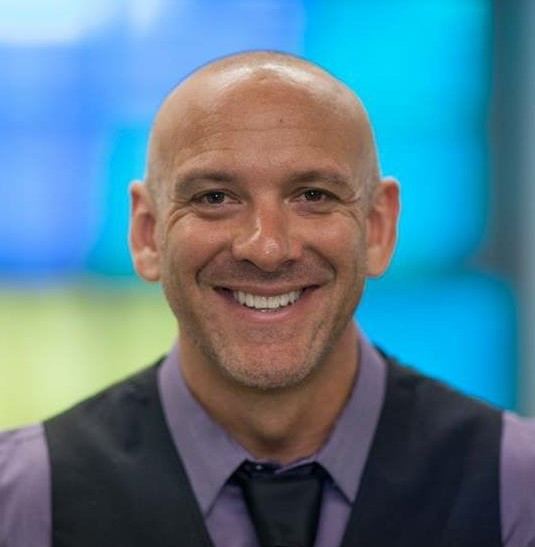
The Shoutout series is all about recognizing that our success and where we are in life is at least somewhat thanks to the efforts, support, mentorship, love and encouragement of others. So is there someone that you want to dedicate your shoutout to?
First and foremost, I have to give a shoutout to my parents. Both long-time educators themselves, they set the foundation for me at a pretty early age. I respected educators and understood how challenging and rewarding the profession can be. It is in their honor that I fight to revolutionize a system to which they have given so much. I’d also like to throw a little love toward my two partners, Christy Durham and AJ Webster, for their willingness to crawl into the mud and get dirty with me in this crazy endeavor. I have learned a ton from these two over the years and I’m wildly grateful for the patience and support. Finally, to our incredible staff. No school is successful without the whole system moving together toward its mission and vision.
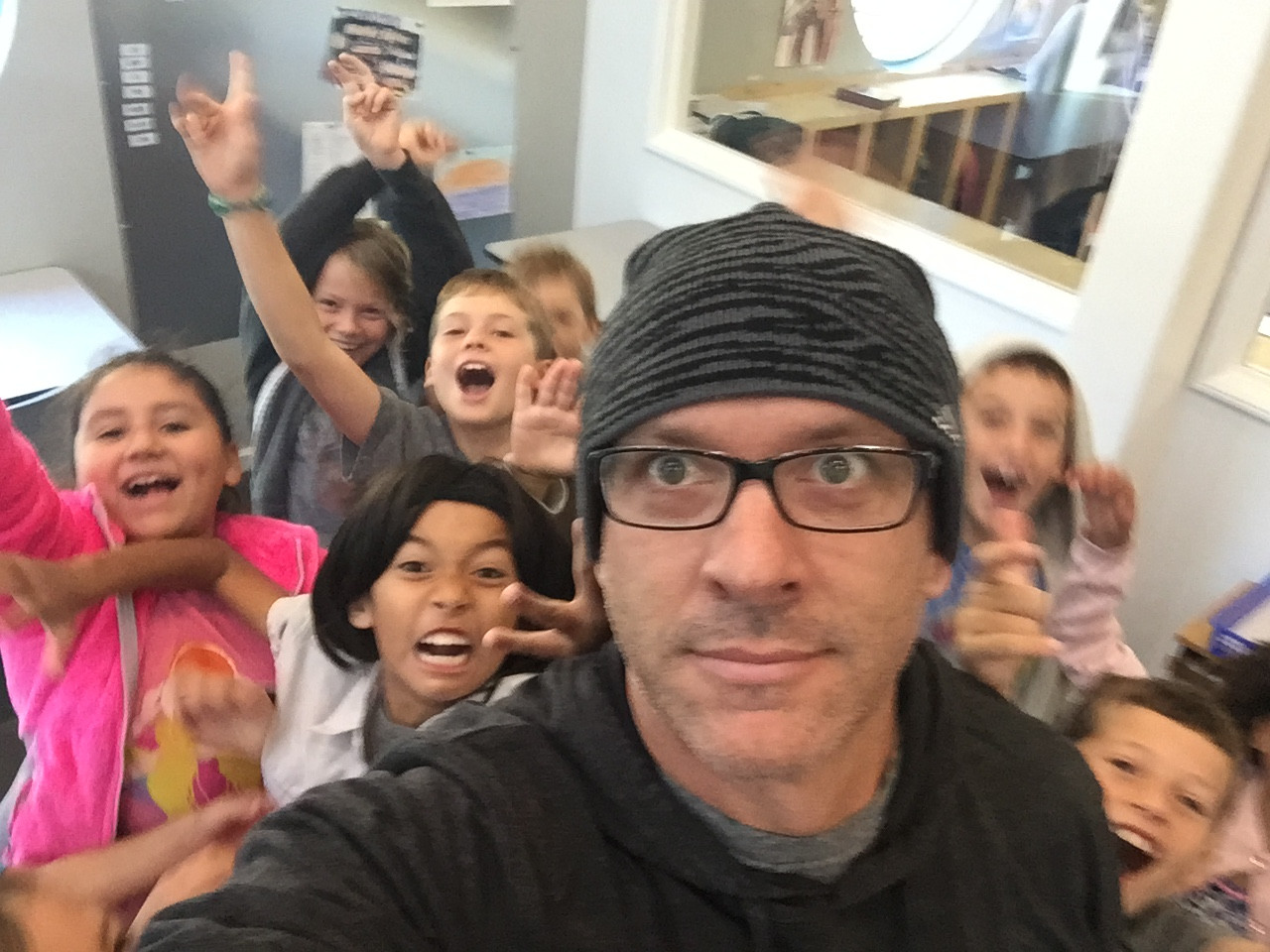
Website: www.sycamore-school.org
Instagram: teddwake
Linkedin: https://www.linkedin.com/in/tedd-wakeman-259352aa/
Twitter: https://twitter.com/SycamoreMalibu
Facebook: https://www.facebook.com/tedd.wakeman
Other: vimeo: https://vimeo.com/sycamoreschoolmalibu
